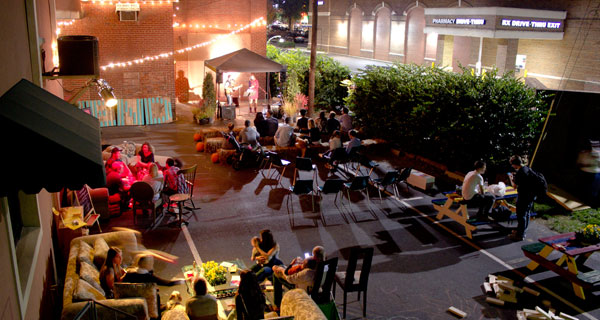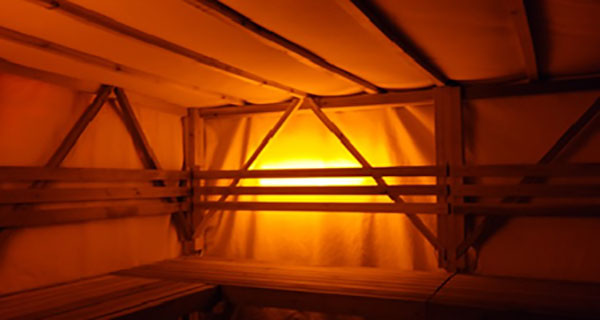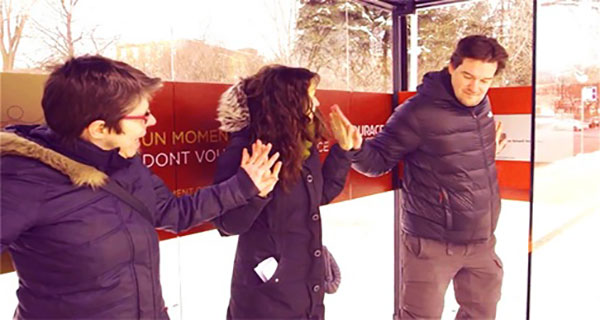19 Feb The Pooch Effect: In Search of Social Icebreakers
This is my dog, Wendal. He is the best icebreaker I have ever had.
In the six months that I’ve had Wendal as a pet, I’ve met more people in my Toronto neighbourhood than I did in the previous 5 years combined.
There was the weary dad walking with two kids in tow who stopped to chat while his kids crouched down and investigated Wendal’s giant puppy paws. There was the young woman who was trudging home from work at night and paused to say that Wendal looked ‘just like a giant hug’. And there was the woman with long blond hair on the corner of Danforth Avenue and Woodbine Avenue, who responded earnestly when I apologized for Wendal jumping up on her, “Don’t worry. At least somebody loves me”.
These interactions happen on a daily basis. Not only has Wendal helped get me out and walking, a well-documented benefit of dog-ownership, he has helped me create more social connections in my city.
Of course, I’m not suggesting everyone rush out and buy or rescue a puppy. I was happily dog-less for many years. As a classic commitment-phobe, I still have trouble mentally shouldering the responsibility of pet-ownership. But my experience with Wendal has got me thinking more about neighbourhood connections and other ways we can build more social icebreakers into our public spaces.
City Observatory’s report Less in Common, found that we interact less with different groups in our society that we did a few decades ago, and that we now spend less time in social settings interacting with people whose experiences are different from our own. Much of this relates to how we build and manage our cities. In our schools, communities, places of work, shopping areas and places of leisure, we’re becoming more disconnected from one another. According to the report, Americans spend significantly less time with their neighbors. In the 1970s, nearly 30 percent of Americans frequently spent time with neighbors, and only 20 percent had no interactions with them. Today, those numbers are reversed.
So here are some other interesting and innovative ideas that might help bridge more social connections in your city:
A pop-up community living room in Charlotte, NC

Mobile saunas in Vancouver, BC.

Duracell’s human connection bus heater experiment in Montreal, QC.

If you’ve got an idea for a public social icebreaker, please connect with us on social media or share your thoughts in the comment section!



